Mill Family —— The Labor System in the Southern Cotton Textile Industry, 1880-1915
----- 米尔家族:南部棉纺织工业的劳动制度,1880-1915
This book examines the role of the family labour system in the early evolution of the post-bellum Southern cotton textile industry. The growing textile industry required workers with varied skills and a stable and reliable work force. At the same time, Southern agriculture was in a depressed state and families, especially those with many children, were forced into looking for work in the textile mills. The mills, in their own interest, created a paternalistic work environment, including good schools for the children, to attract this desirable source of workers. This paternalism was central to solving the industry's labour needs, but it was a paternalism shaped by market forces and not merely as an instrument of capitalist indoctrination.
{{comment.content}}

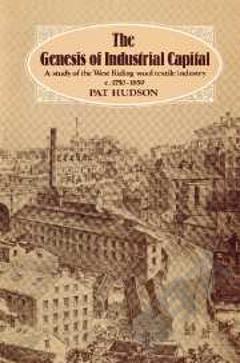
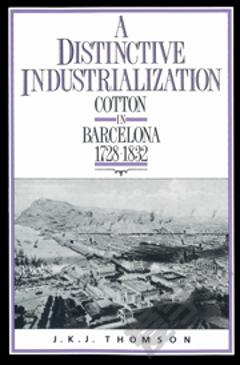
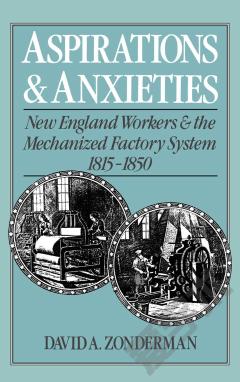

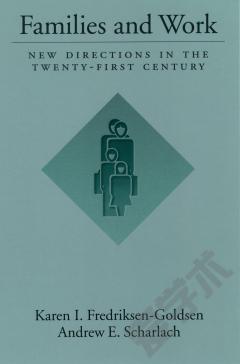
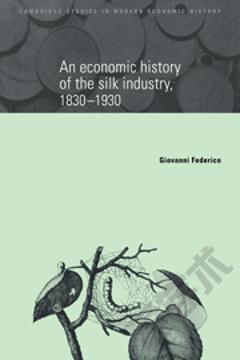

 京公网安备 11010802027623号
京公网安备 11010802027623号